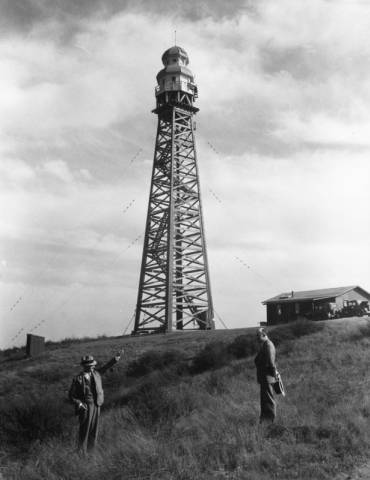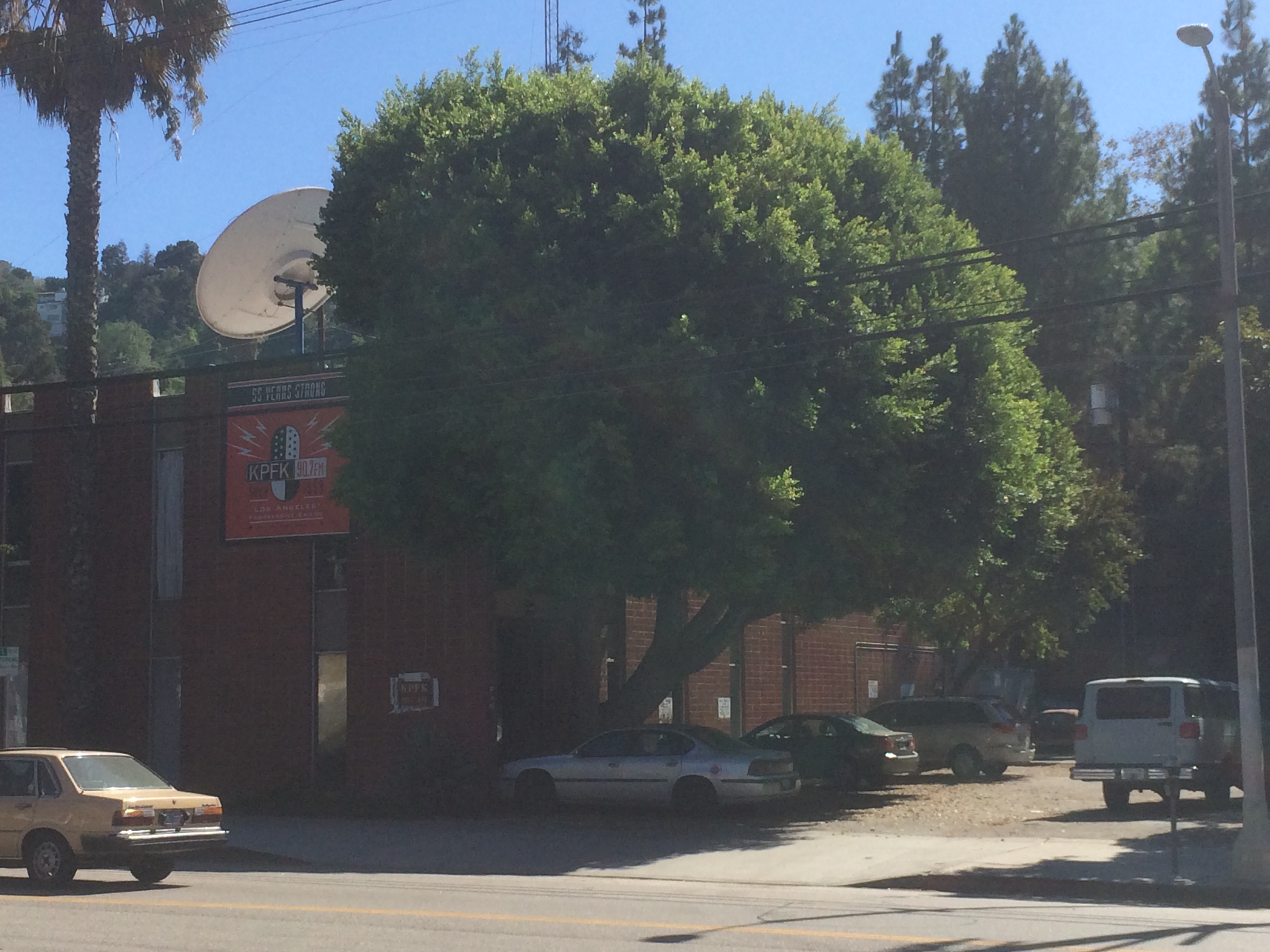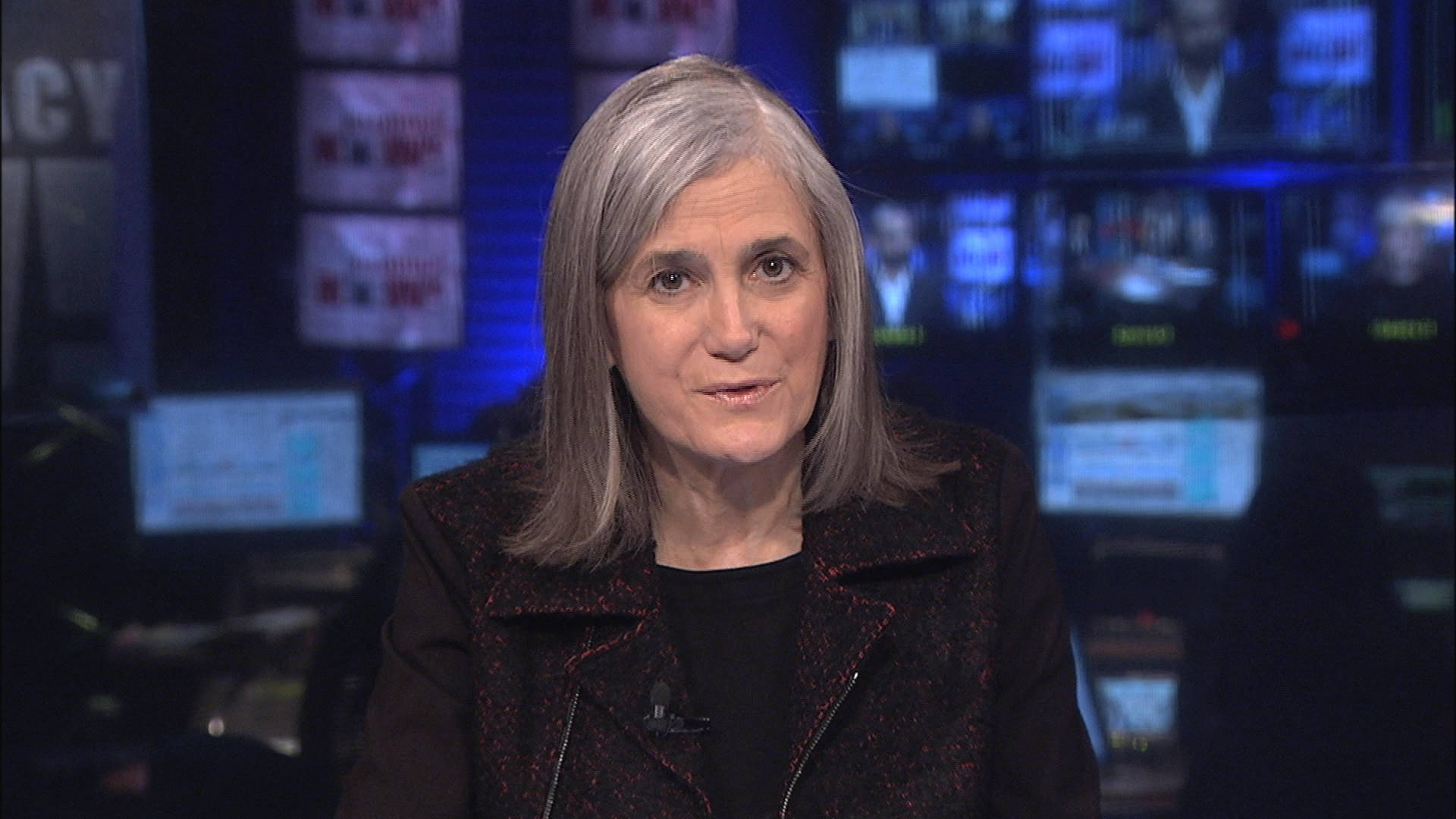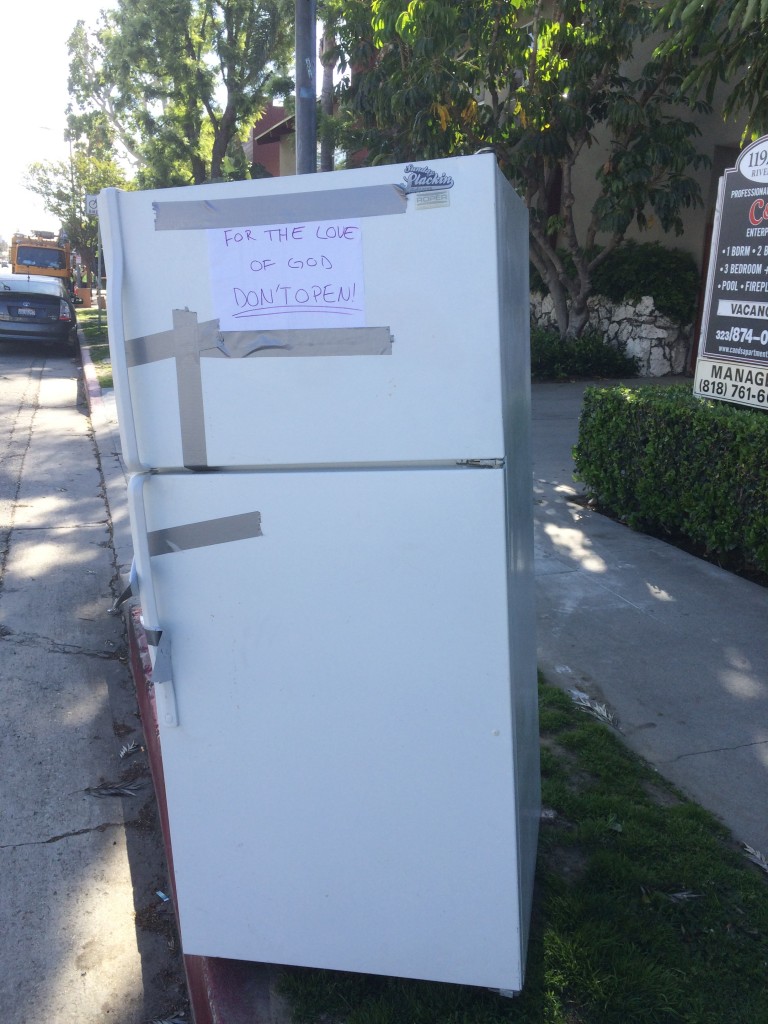Dateline Berkeley October 13, 2019
THE TURN OF THE SCREW: WBAI’S ELECTED DIRECTORS PREVENTED FROM VOTING ON WBAI SHUTDOWN
(Courtesy of PacificaInExile.org)
Berkeley-Faced with an imminent loss on an after-the fact and in-secret Pacifica National Board vote to approve the shutdown of WBAI-FM, the perpetrators are changing the voters. During a closed session meeting on Saturday night, a letter was presented proposing to invoke conflict of interest charges against 75% of WBAI’s elected directors,who are charged with being the voice of WBAI’s 8,000 members on the Pacifica Foundation board. The charges of conflict of interest invoked Section 5233 of the CA Corporations Code which is about financial conflicts of interest. The 5233 accusation seeks to prevent three of WBAI”s elected directors from being allowed to vote on all matters affecting WBAI members indefinitely. The three votes being eliminated are unable to vote on whether or not they are eliminated, allowing a minority of the board of directors to “vote” to disenfranchise the majority and therefore win a series of votes they would otherwise have lost.
The vote on the Pacifica National Board is vital because the actions to terminate all of WBAI’s staff and turn the NY community radio station into a repeater can only be legally supported as an action of the licensee, which are the 22 members seated on the national Pacifica board. If the majority of the directors seated on the Pacifica National Board do not support the shutdown of WBAI, the action is not an action of the licensee.
The removal of voting rights is being applied to WBAI staff representative Shawn Rhodes because is WBAI staff, and WBAI directors Alex Steinberg and James Sagurton because they are plaintiffs in WBAI vs Pacifica, the request to the Supreme Court of New York to issue a temporary restraining order to halt the shutdown of community radio operations in the New York metropolitan area.
The voter suppression being applied to WBAI’s elected representatives for the second time in the last four years, removes the representative voting rights promised to WBAI members in Pacifica’s bylaws.
Article Three, Members of the Foundation, Section 5: Rights
All Members shall have all rights granted to them by law or by these Bylaws, including without limit the right to vote, on the terms and in the manner set forth in these Bylaws
Article Five, Board of Directors of the Foundation, Section 1: Board of Directors –
Eligibility, Number, Powers and Duties
The Board shall have equal representation from each of the Foundation’s five radio stations. The Delegates from the five Foundation radio stations shall each elect four (4) Directors : three (3) of whom shall be Listener-Sponsor Delegates and one (1) of whom shall be a Staff Delegate — for a total of twenty (20) “Station Representative” Directors, as set forth in Section 3 of this Article of the Bylaws.
The activities and affairs of the Foundation shall be conducted and all corporate powers shall be exercised by or under the direction of the Board.
When last we wrote, Judge Frank Nervo of the Supreme Court of New York had halted the shutdown of WBAI with a temporary restraining order in effect until October 18th, which the perpetrators were choosing to ignore. On Thursday, Judge Debra James upheld the portion of the TRO that prevented the termination of WBAI’s staff thus removing the putative reason for the takeover, but allowed Pacifica to continue to pipe in reruns and keep WBAI’s local content off the air, including local news and information and PSA’s and public affairs programs generated by New York community-based groups. The judge’s decision which is in place until a hearing on October 18th, was based on the rights of the licensee which is why the license owner has to put the matter to a board discussion and vote. The perpetrators have since moved to shift the case to the federal courts, invoking the Trump administration FCC under Ajit Pai as a potentially interested party.
The decision by the perpetrators is contrary to Pacifica’s mission which is to provide an outlet to the members of the served community – “In radio broadcasting operations to encourage and provide outlets for the creative skills and energies of the community” and removes all content by and about New Yorkers and New York and $1.378 million dollars donated by New Yorkers in the last year to support that local content and to maintain their voting rights in the affairs of the Pacifica Foundation.
So why is this happening? We know that at least here in the Bay Area, you have been inundated by e-mails claiming imminent financial collapse due to WBAI and elaborate claims that WBAI will destroy all the rest of the Pacifica stations if not stopped in their tracks right now. Is there any basis in reality for these claims? Not really.
The Pacifica Foundation organizes itself into the 5 station areas, an archives division and a small national office that mostly deals with accounting and regulatory compliance (and none too well). The only income the national office generates is from selling sidebands and collecting affiliate dues, an amount that totaled about $575,000 last year. In order to support additional operations and an executive director, the Pacifica national office collects “dues” from the fund drives of the five Pacifica stations, an amount that equals about $1.4 million dollars a year when the stations can afford it. They call this central services.
The Pacifica National Office, whose power stems from holding the station’s licenses by grants from the FCC, a structure set up by Lew Hill in 1946 before KPFA went on the air three years later, has over the years shut down stations including KPFA in the summer of 199. After that, its structure was overhauled to allow donors to the foundation to exercise control and theoretically prevent future shutdowns by being granted membership rights. Over the years, this tiny office has authorized expansive contracts indebting the five stations, including the two Democracy Now contracts which transferred over $7 million dollars of member donations to an outside nonprofit organization, and the Empire State building tower contract which indebted the five stations to paying another $8 million dollars to Wall Street. Not surprisingly, the five stations which all had decreases in their membership rolls from 2018 to 2019 except WBAI which went up by 3%, have defaulted on these obligations, with Democracy Now forgiving the last $1.8 million of contract dues in 2018 and the last $3 million of the Empire contract rolled over into a low-interest loan from a NYC-area foundation.
You guessed it. It’s another Pacifica contract. In 2019, Pacifica contracted with NETA to do accounting. NETA (National Educational Telecommunications Association) is a South-Carolina-based corporation that signs contracts to perform administrative services for public media companies. Pacifica’s national office signed a contract to pay NETA $35,000 a month or $420,000 a year. How was this new expense to be paid for? Pacifica said they would reduce their administrative payroll by $400,000 a year by jettisoning their in-house accounting staff.
Oops. Pacifica did not reduce it’s administrative payroll by $400,000. It did not reduce its administrative payroll by $1. In fact it increased its administrative payroll in 2019 by $162,000. Without a CFO or any in-house accounting staff, Pacifica kept an administrative payroll of $650,011 in 2019, exactly the same the $655,000 average over the years 2011-2017 when it kept a full-time CFO, controller and staff accountant on the payroll. Then Pacifica added this new $420,000 contract, bringing its 2019 national office payroll to over a million dollars, which is unprecedented over the past decade. That is why the national office has a cash flow crisis. Unsupervised overspending at the national level.
In order to conceal this from you, the perpetrators have been throwing around a bunch of false numbers about WBAI, claiming WBAI owes them $7 or $8 million dollars. Not in recent history. Without boring you all to death, the $7 million dollars represents the following: $2.5 million is the unpaid portion of the Empire contract that Pacifica signed, not WBAI, and is now in the form of a loan from a NYC-based foundation. $500,000 is the unpaid vacation, sick time and pension payments owed to WBAI’s employees under their SAG-AFTRA contract, which Pacifica signed. Of the remaining liability of “central services”, $3,582,000 million (of a $4,182,000 total) dates from 2014 or earlier or more than five years ago. WBAI’s unpaid central services from 2015 onward have been entirely paid by a generous bequest from a NY donor who gave a $900,000 estate gift, of which $583,500 was directly given to the Pacifica national office.
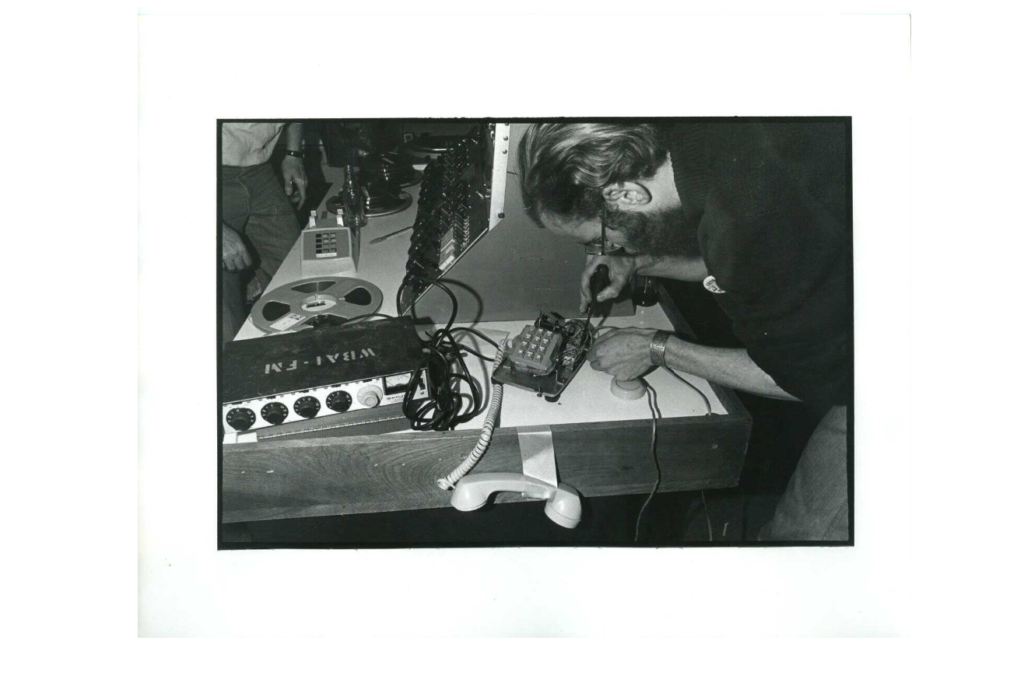
The national office’s cash flow problem is that they have run through the money WBAI gave them (which if they were smart they would have socked away to help pay back the foundation loan instead of spending it all), and now they cannot pay the contracts they signed.
In fact, the largest central services shortfall from the 2018-2019 period is from WPFW in Washington DC and before that in 2015-2016, the largest shortfall was from Los Angeles station KPFK, which also incurred a $295,000 labor settlement in those years for anti-union activities.
This is all easily discernible from basic forensic accounting, but the perpetrators are relying on shouting “squirrel” in order to justify their actions. Let’s look at the short-term costs of the WBAI shutdown:
Loss of $350,000 to $400,000 in fall fund drive revenue in WBAI, immediate payout of accrued vacation, sick and pension accruals to WBAI employees of approximately $400-$500,000, refunds of the first four days of BAI’s fund drive of $40,000, loss of monthly “BAI buddy” recurring donations of $20,000 a month, upcoming arbitration with the SAG-AFTRA union for lack of notice to the union of impending layoffs which costs a minimum of $50,000 for anti-union activities, legal costs for 3 hearings, with many more to go, of at least $40,000. Ongoing costs of $30,000 a month to operate WBAI as a repeater station without any donations from the now-fired 8,000 WBAI members.
Who spends $900,000 to get out of a cash flow hole?
Nobody, that’s who. So operating WBAI as a repeater station is not the long-term plan. The vicious joke is that “WBAI is worth more dead than alive”. Very true. WBAI is a commercially convertible license so its value as a commodity is huge and dwarfs the value of the rest of Pacifica’s assets combined. The problem for Pacifica is those darned bylaws and that darned mission statement.
There’s a reason why you got an email recently from the “Pacifica Restructuring Project” to change the bylaws to a handpicked board and give those handpicked board members wide latitude to change the bylaws as they wish with nothing more than 30 days notice. The elected majority of the Pacifica board of directors stopped that bylaws amendment last month. But now the elected majority of the Pacifica board of directors can no longer vote and the gold rush is at hand.
If you value being kept up to speed on Pacifica Radio news via this newsletter, you can make a little contribution to keep Pacifica in Exile publishing . Donations are secure, but not tax-deductible. (Scroll down to the donation icon).
To subscribe to this newsletter, please visit our website at www.pacificainexile.org

